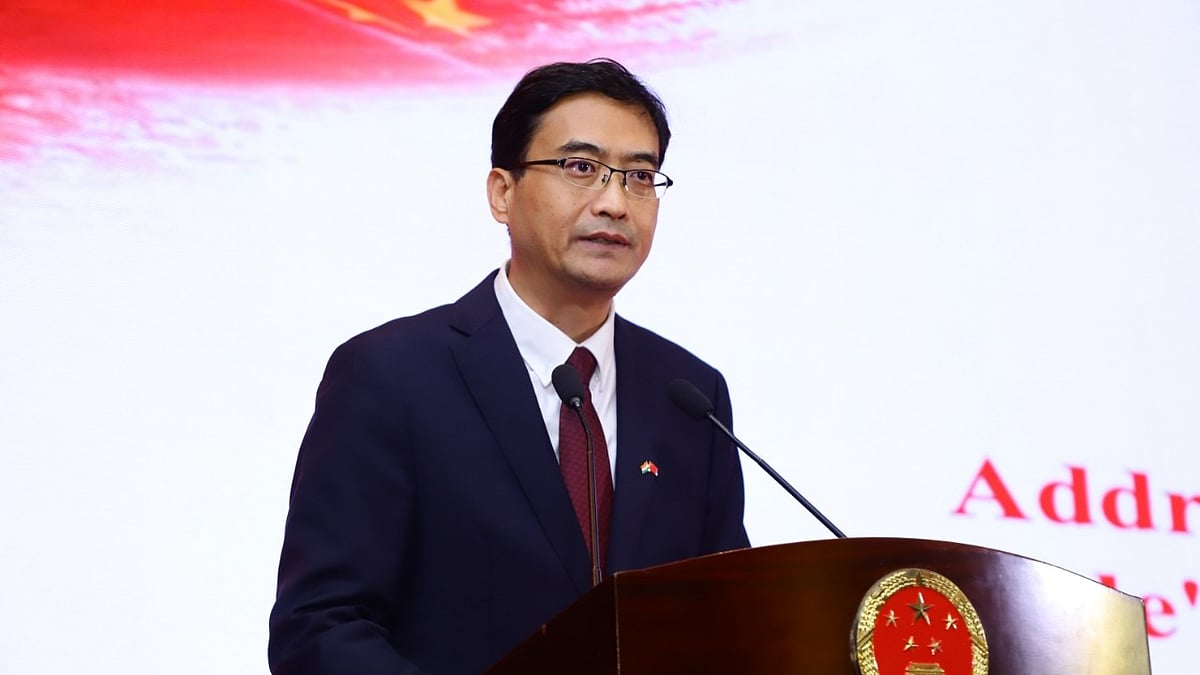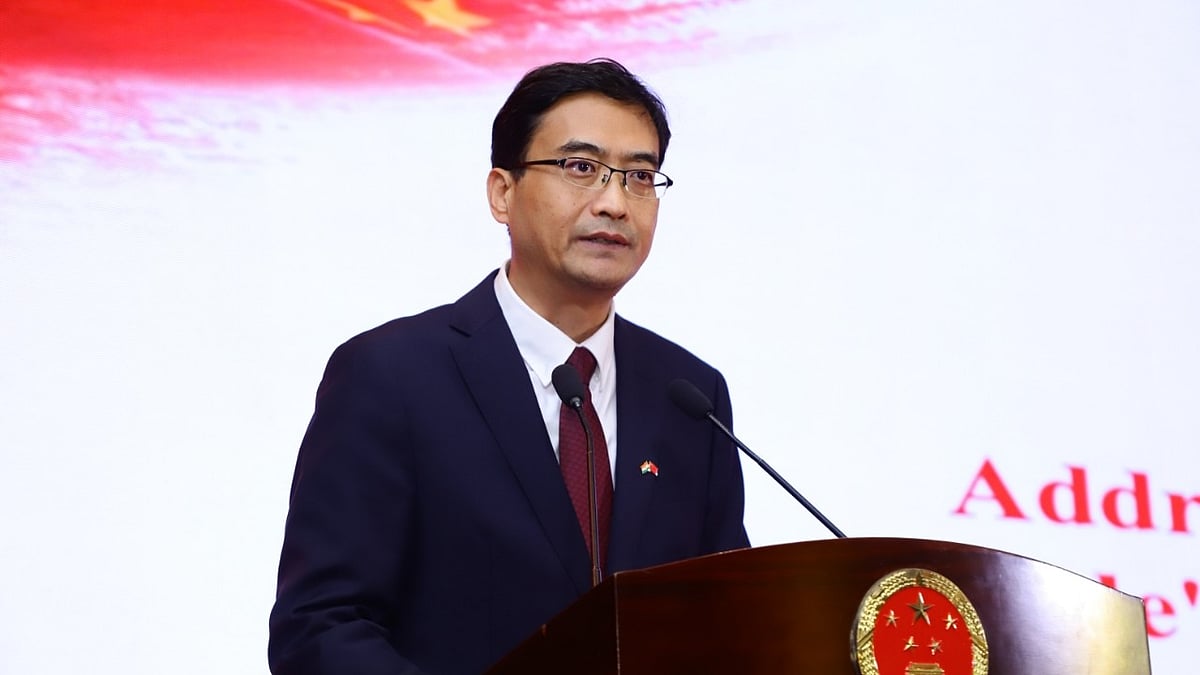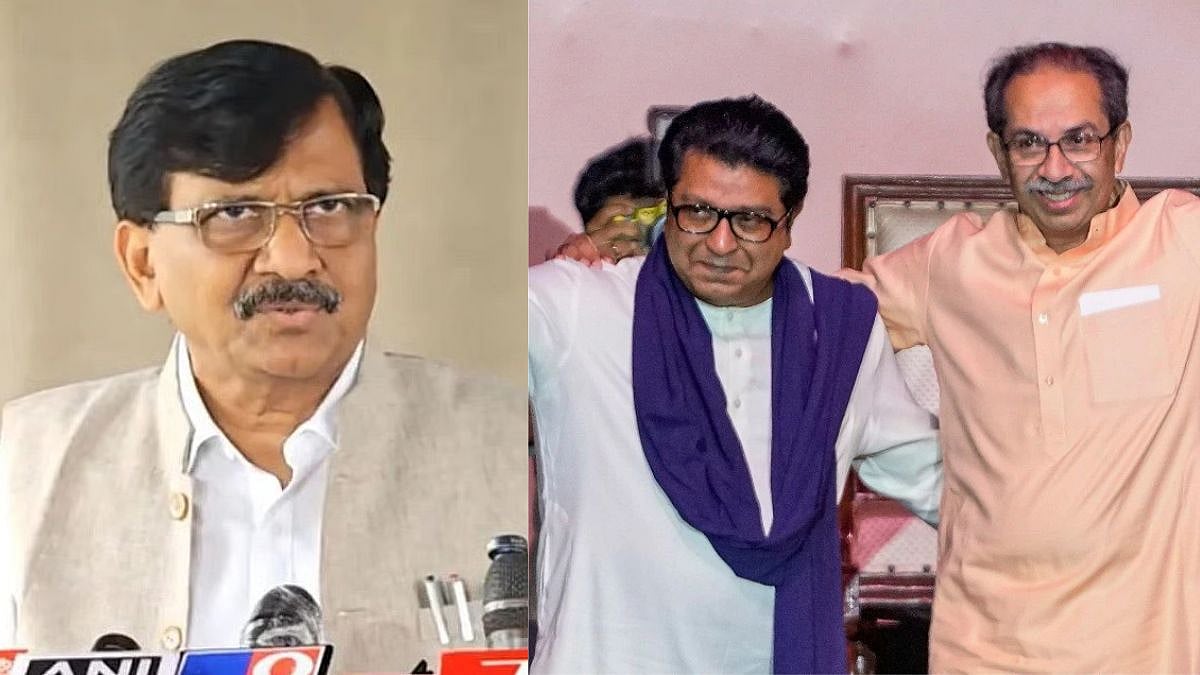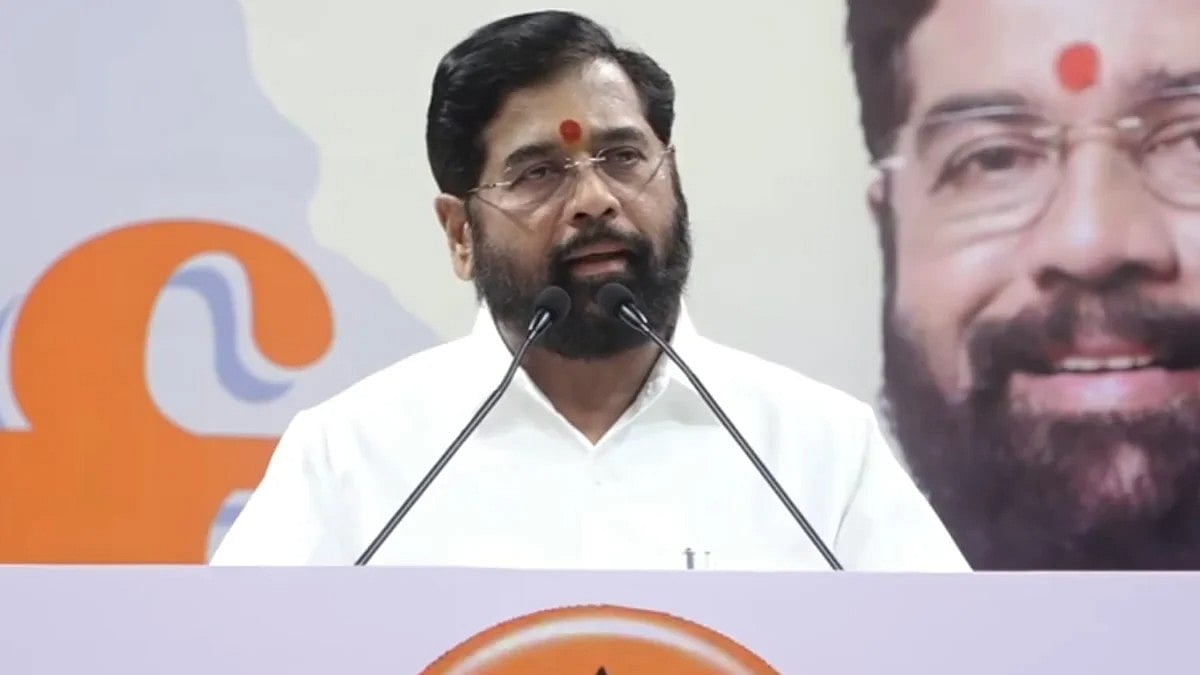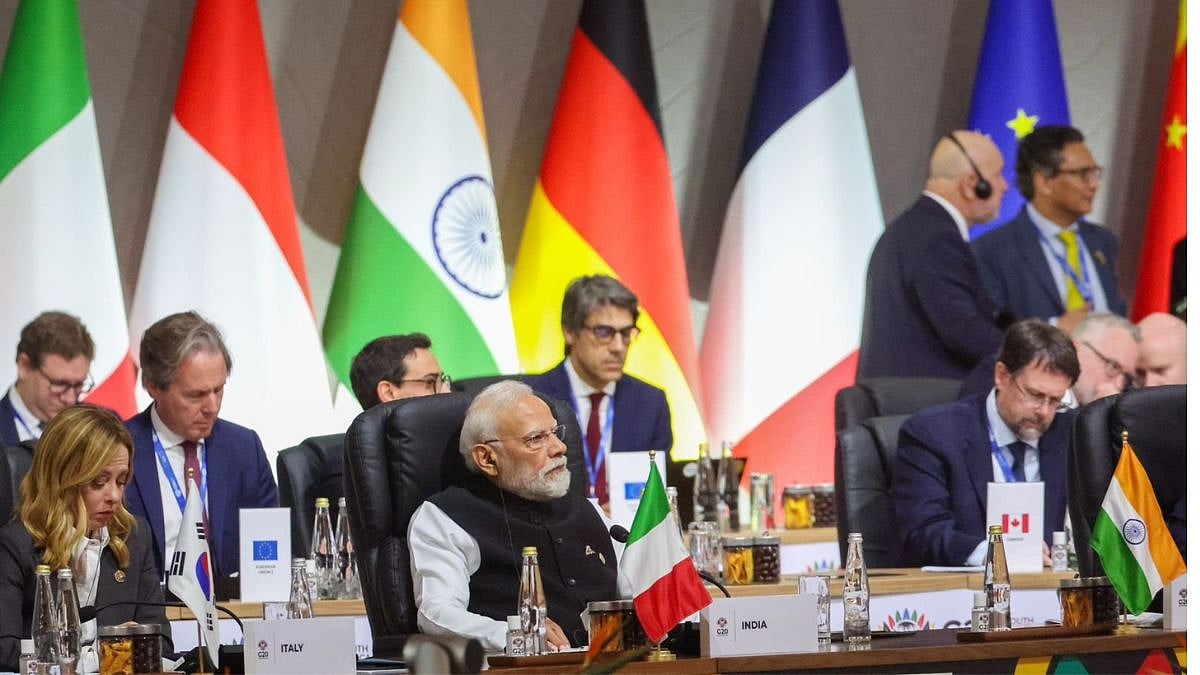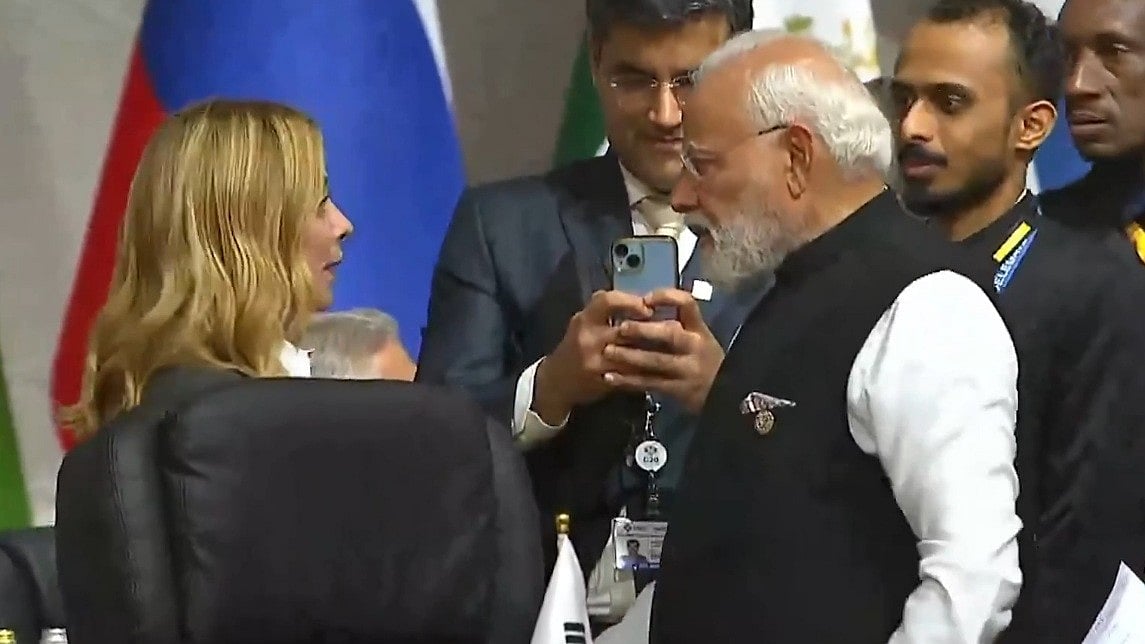Since its founding in 1921, the Communist Party of China (CPC) has not only established the New China, but profoundly transformed the country. It successfully found two key answers to the question of how to escape the historical cycle of government’s rise and fall. The first is letting the people supervise the government, and the second is carrying out the Party’s self-reform.
Why self-reform is must
First, this is determined by the founding mission and nature of the CPC, which is to pursue happiness for the Chinese people and realize rejuvenation of the Chinese nation. Since the Party has no special interests of its own, the state founded under its leadership is called the People’s Republic of China, its government the people’s government, and its officials people’s servants. Being the Chinese people’s party, CPC shares the same goals and stakes as the Chinese people. Meanwhile, the CPC is the vanguard of the Chinese people. Its mandate comes from the people and must be exercised in their interests. Its members being role models among the people inspires and drives the Party to keep high demand on itself and advance steadily. Therefore, to fulfill its mission, the Party has adopted a full range of intra-Party regulations, and exercised strict internal management.
Second, it hinges on the necessity to keep the Party healthy from misconduct and corruption, the enemies of development. Robert Klitgaard, an American scholar on anti-corruption research put forward his famous “corruption formula” in the 1980s: C=M+D–A, i.e., corruption equals monopoly plus discretion minus accountability. Consequently, corruption plagues human society by undermining governance and law, weakening trust in public institutions, and eroding democratic process. Confronted with various challenges, including misconduct and corruption, the CPC realizes that it is necessary to take resolute measures to safeguard its integrity and progressive nature. It also realizes that the battle against misconduct and corruption is long, complex and arduous: Pointless formalities, bureaucratism, hedonism, and extravagance persist in various localities and departments; corruption is keeps evolving; privilege-seeking practices cause problems. As a result, the CPC keeps improving its conduct, and regards this as significant bearing on winning or losing people’s support and on the very survival of the Party.
Key measures
First, based on the premise that Party disciplines should be stricter than laws, a top-down anti-corruption campaign was launched in 2012. The Party Central Committee issued the “Eight-Point Decision on Improving Party and Government Conduct and Building Closer Ties with the People” (hereinafter referred as the “Decision”). The “Decision” established rules and demands for the Party leadership generally in eight regards: 1) Investigation and inspection tours, 2) meetings and conferences, 3) official documents, 4) visits abroad, 5) security and guard work, 6) media reports, 7) publication, and 8) frugality and cleanness. These measures aimed primarily to put an end to undesirable practices by the Party leaders, such as excessive banqueting and extravagant spending. It later expanded into a Party-wide initiative for all members to adopt its principles to improve conduct. By practicing frugality, solid research, more efficient meetings, reduced guards and traffic controls, etc., the “Decision” aims to tear down barriers between the leadership and ordinary citizens.
President Xi took the lead in following such demands. Over a stretch of several years, he conducted in-depth research on all 14 concentrated contiguous poverty-stricken areas in China. He inspected the local farmlands, shared simple meals with local villagers, and asked them for advice on poverty reduction. During his visit to Guangdong province, he insisted on not imposing traffic controls that could disturb the public. In his inspection trip to Hebei province, he stayed in a 16-square-meter room. And he often bought New Year’s gifts for villagers out of his own pocket.
Second, given the intrinsic link between misconduct and corruption, a battle against corruption was launched on an unprecedented scale to “offend a few thousand rather than fail 1.4 billion”. Supervision has been on the “key few” in power. Crony capitalism and nepotism is strictly prohibited in civil service departments and state-owned enterprises, “revolving doors” are not allowed between government offices or public sectors and the private sectors, and cordial and clean relationship between government and business becomes a fundamental guideline for civil servants. Coordinated measures have been taken to see that officials do not have the audacity, opportunity, or desire to be corrupt, and a combination of practices have been used to “take out tigers”, “swat flies” and “hunt down foxes”. In the process, President Xi has emphasized the importance of anti-corruption institutional building.
The Code of Conduct for Intraparty Political Life under New Circumstances was issued, the Supervision Law was promulgated, etc., the contents of which have been included in the education of Party members. President Xi has emphasized that “power must be kept in the cage of systemic checks” and “transparency is the best precaution against corruption.”
Achievements
Starting from the small entry points of daily activities of the top Party leaders, the “Decision” has deepened and strengthened connection of the Party with the people. President Xi’s urge to live up to people’s expectations and work selflessly transformed the CPC through self-discipline and reinforced the Party members’ identity as servants of the people. The “Decision” effectively addressed the maladies in working style, improved the official conduct and political culture, and established credibility. The problem of lax and weak self-governance in Party organizations has been addressed at the root, and a political atmosphere of integrity within the Party has been fostered. Its rigorous self-improvement has promoted administrative efficiency, built clean governance at various levels, and won support of the people. The Party has boosted its ability to improve, renew, and excel itself, at individual and organizational levels. Being fully aware that achieving short-term results can be easy, but ensuing long-term discipline is difficult, the Party has been working on institutional mechanisms in the past 10 plus years. Intraparty education, political activities, and political inspections have all been enhanced, and a sound system of Party regulations has taken shape. Following President Xi, these moves use a “surgical knife to eliminate the Party’s ailments” and “solve problems by fixing the system”.
What is more, the “Decision” has not only reshaped the conduct of the Party and government officials, but also functioned as a “game changer” in China’s governance by bringing transformations to the Chinese society, economy, and culture. Since 2012, social and civic ethos have been improved, obstacles of market economy got increasingly cleared, and consensus on China’s modernization been achieved, laying solid groundwork for more systematic institution-building. The CPC’s self-reform theory and practice has not only brought profound changes to China, it has also received wide attention from the rest of the world. A recent report by The Times of India, for instance, covered China’s fight against corruption by pointing out that over a million Chinese officials have been punished or disciplined in the massive anti-corruption campaign since 2012. Another article in The Economic Times reported China’s military generals being ousted from the Party. This shows the evasive nature of corruption and the difficulty in eradicating it. Although the CPC has adopted an uncompromising attitude and a crushing victory has been won in the anti-corruption campaign, more persistence is needed in the future. As the ruling party, the CPC will continuously count on external oversight by the people and internal self-reform to maintain its purity and vitality.
(Qin Jie is Consul General of the People’s Republic of China in Mumbai)
